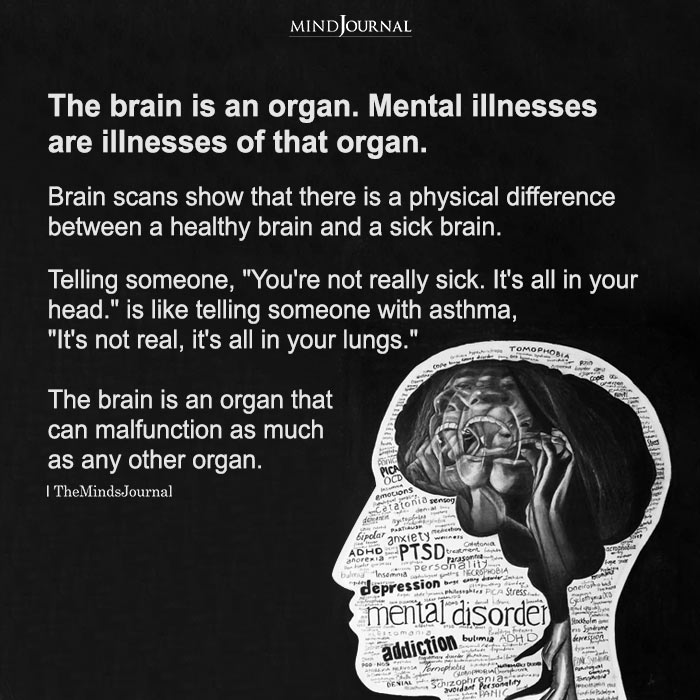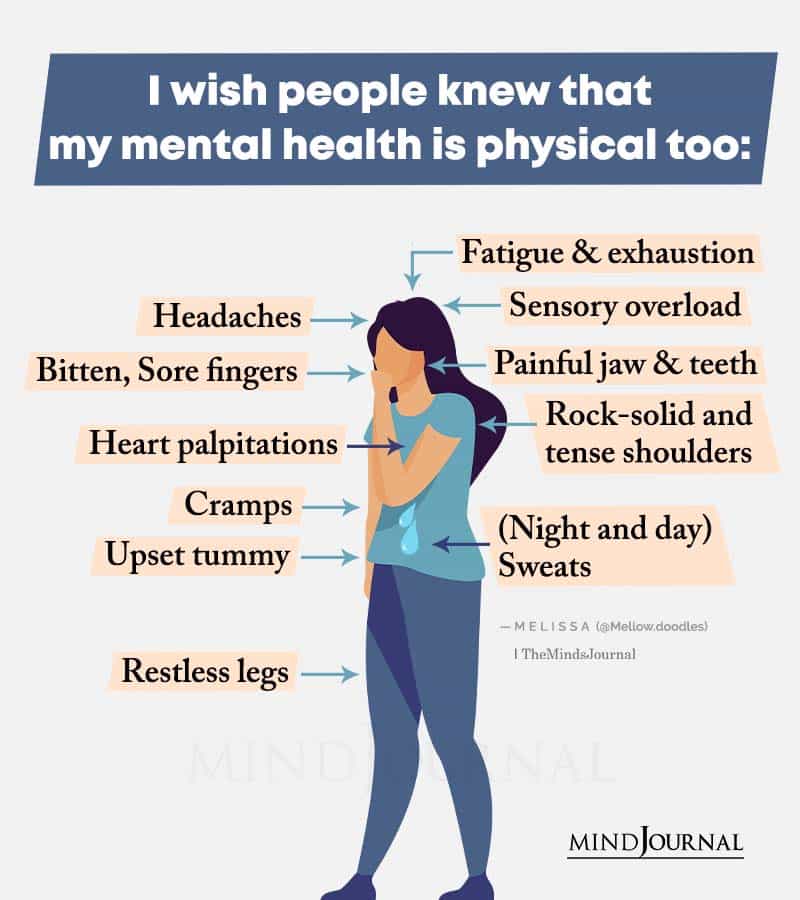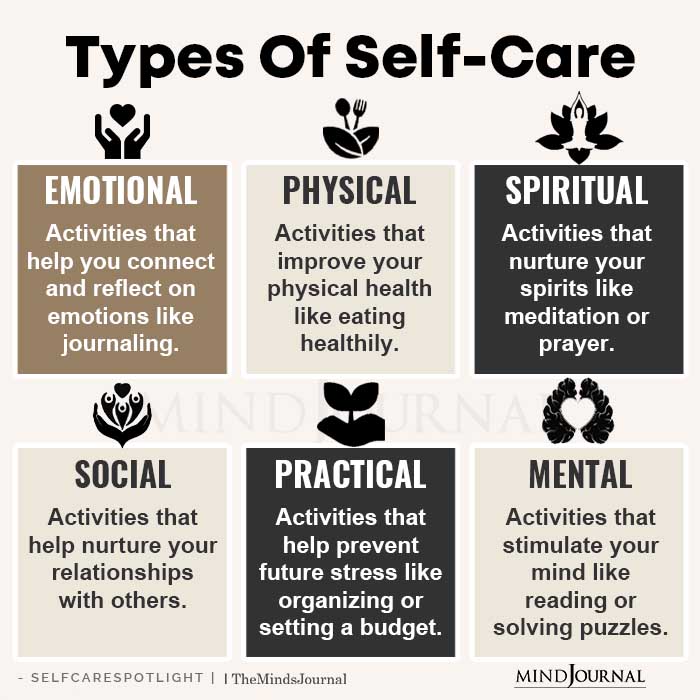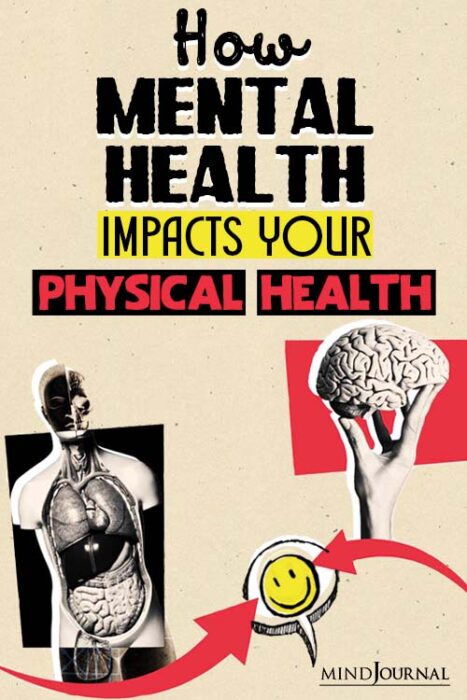How Does Mental Health Affect Physical Health? 13 Shocking Ways
Many people fail to understand the direct link between mind and body wellness. But, how does mental health affect physical health? Let’s explore more!
A symphony of emotions swirling in your mind, conducting a grand performance that influences every cell in your body. Yes, that’s right — our mental state holds immense power over our physical well-being. But how can mental health affect physical health?
Before we embark on an exploration of the intricate connection between mental health and physical well-being, let’s first take a moment to understand these two vital aspects individually.
What Is Mental Health And Physical Health?
Mental health refers to our psychological well-being. It involves how we think, feel, and behave, as well as our ability to cope with stress, handle relationships, and navigate the ups and downs of life.
Physical health, on the other hand, pertains to the condition and functioning of our physical body. It involves the state of our organs, muscles, bones, and overall physiological well-being.
So, how does mental health affect physical health? When stress, anxiety, or depression take center stage, they unleash a domino effect on our bodies. The brain, the master conductor of this symphony, sends signals that trigger a series of physiological responses.

Our heart races, muscles tense, and breathing quickens as we navigate through the stormy waters of negative emotions. And prolonged exposure to stress hormones like cortisol weakens our immune system, leaving us vulnerable to ailments.
It’s like an invisible battle brewing within, where mental distress becomes a fertile breeding ground for physical illnesses. But not all mental health effects on physical health are bad.
Just as negative emotions can harm our mental health and physical health, positive ones can work miracles.
When we embrace feelings of joy, gratitude, and contentment, our bodies respond with a harmonious symphony of their own. The heart beats steadily, the immune system fortifies itself, and a surge of feel-good chemicals floods our veins.
Ever noticed how stress drives us to seek solace in unhealthy coping mechanisms? Late-night rendezvous with junk food, neglecting exercise, or drowning our sorrows in vices—these choices become all too familiar. The consequences?
Weight gain, compromised cardiovascular health, and a host of lifestyle-related diseases.
On the flip side, when we prioritize our mental well-being, the story takes a delightful turn. It’s a virtuous cycle, where mental health and physical health dance in perfect harmony, leaving us with a vibrant and fulfilling life.
That is why mental health effects on physical health should be given more recognition than it receives.
Related: High-functioning Depression: 7 Signs you are suffering in silence
How does mental health affect physical health, you ask?

Mental illness and physical health problems can often intertwine, influencing and exacerbating each other’s effects. Here are a few examples of how mental health effects physical health:
1. Depression
Depression doesn’t limit itself to affecting our mood—it can also manifest as physical symptoms.
So if you’re wondering how does mental health affect physical health? Well, it can come in the form of fatigue, appetite changes, sleep disruptions, and chronic pain.
Furthermore, it poses risks to our cardiovascular health, weakens the immune system, and leaves us more vulnerable to infections.
2. Anxiety disorders
It can take many forms, from panic attacks to excessive worry and phobias. They can trigger a surge in stress hormones, which can cause digestive issues, weakened immunity, disrupted sleep patterns, and even cardiovascular problems.
3. Eating disorders
Conditions such as anorexia, bulimia, and binge eating disorder wreak havoc on both mind and body – from malnutrition and bone loss to cardiac abnormalities and hormonal imbalances.
4. Substance abuse
Mental illness and physical health problems often co-occur with conditions like substance abuse.
It has detrimental effects on physical health, leading to liver damage, cardiovascular complications, respiratory problems, weakened immune function, and increased risk of infections.
5. Chronic stress
Still wondering, how does mental health affect physical health? Well, prolonged stress can contribute to a range of health issues, such as high blood pressure, weakened immune system, increased inflammation, gastrointestinal problems, headaches, and muscle tension.
Related: What Exactly Is Emotional Exhaustion? 8 Signs You Really Need A Break
6. Post-Traumatic Stress Disorder (PTSD)
Chronic pain, cardiovascular turbulence, troublesome digestion, and an army of weakened defenses—these are the battles PTSD survivors may face.
7. Bipolar disorder
From an increased risk of cardiovascular disease to metabolic disorders and respiratory problems, bipolar disorder takes its toll on both mind and body.
8. Schizophrenia
Metabolic issues, cardiovascular complications, and respiratory problems can all become unwelcome companions to those affected by this complex disorder. It’s a reminder that mental health effects on physical health extend far beyond the confines of the mind.
9. Social isolation
And how does mental health affect physical health when it comes to social isolation?
Well, when we find ourselves disconnected from social bonds, physical health pays a steep price with weakened immune function, cardiovascular issues, and cognitive decline.
10. Alzheimer’s disease
Alzheimer’s and other forms of dementia can affect physical health by impairing mobility, and coordination, and increasing the risk of falls and injuries.
11. Attention deficit hyperactivity disorder (ADHD)
People with ADHD may struggle with impulse control, leading to a higher risk of accidents, injuries, and substance abuse. These issues can have a negative impact on their physical health, making it crucial to seek proper support and treatment.
Related: The Shame Of Labels: My Diagnosis Of Adult ADHD
12. Obsessive-compulsive disorder (OCD)
For those who wonder how can mental health affect physical health, well, chronic stress associated with OCD can contribute to physical health problems such as fatigue, sleep disruptions, weakened immune systems, and gastrointestinal issues.
13. Borderline personality disorder (BPD)
This condition brings forth a unique set of challenges, including the risk of self-destructive behaviors like self-harm. Such actions not only cause physical injuries but can also give rise to further health complications.
6 Essential Practices To Nurture Your Mind And Body
For those of you who ask, how can mental health affect physical health in a healthy and positive way, taking therapy is the best way to manage your psychological health. But mental health and physical health can be improved in the following ways:

1. Get moving regularly
Mental health effects on physical health are far more serious than we think. So, make physical activity a priority in your life.
Whether it’s a daily walk, a bike ride, or hitting the gym, regular exercise boosts your mood and improves your physical well-being.
2. Catch quality Z’s
Mental illness and physical health problems occur when your mind and body are burned out. Aim for 7-9 hours of uninterrupted sleep each night and establish a relaxing bedtime routine.
Unplug from screens before bedtime and aim for the recommended hours of sleep for your age group.
3. Maintain a healthy weight
Strive for a healthy weight to reduce the risk of various health issues. Find a balance between exercise and a nutritious diet to support your overall well-being.
4. Embrace mindfulness
How can mental health affect physical health in a better way? Research suggests that mindfulness can enhance both your mental and physical health. Take moments to clear your mind, practice meditation, or follow mindfulness techniques.
5. Nourish your body
If you still think about, how does mental health affect physical health? Well, dealing with stressful situations can lead to unhealthy coping mechanisms like substance or indulgence with food.
Try and opt for a balanced diet that includes plenty of fruits, vegetables, whole grains, and healthy fats. Avoid excessively processed foods and aim to eat nutritious meals.
6. Prioritize Self-Care
Make time for activities that promote relaxation, such as meditation, deep breathing exercises, or simply taking a warm bath. Engage in hobbies that bring you joy and help you unwind.
Remember, mental illness and physical health problems are intertwined. By adopting these practices, you’ll pave the way for a healthier and more fulfilling life.
Read 7 Physical Exercises Good for Your Mental Health
The Takeaway
The influence of mental health on physical well-being is a revelation that leaves no room for doubt. Like interconnected puzzle pieces, they form a dynamic duo that shapes our vitality.
The impact is profound—negative emotions can cast a dark shadow, weakening the immune system and laying the groundwork for physical ailments.
Conversely, a resilient mind nurtures a radiant body, with positive emotions and healthy coping mechanisms amplifying our physical prowess.
Let this captivating revelation be a call to action, empowering us to prioritize mental well-being, and unlocking the secret to a vibrant and harmonious existence.
Frequently Asked Questions (FAQs)
How can physical health affect mental health?
Regular exercise, proper sleep, and diet reduces stress, and improves mood, leading to better mental well-being. Poor physical health, such as chronic illnesses or pain, can contribute to the development or exacerbation of mental health conditions like depression and anxiety.
How does physical activity affect mental health?
Physical activity has a positive impact on mental health by reducing symptoms of stress, anxiety, and depression, improving mood and self-esteem, boosting cognitive function, and promoting better sleep.
What is the psychological impact of physical injury?
It can have various psychological impacts, including but not limited to pain, anxiety, depression, fear, trauma, adjustment difficulties, and changes in self-esteem and body image. These effects can vary depending on the severity of the injury, individual resilience, social support, and personal coping mechanisms
How does exercise affect mental health?
Exercise has a positive impact on mental health by promoting the release of endorphins, improving mood, reducing stress and anxiety, increasing self-esteem, enhancing cognitive function, and providing a sense of accomplishment and overall well-being.

